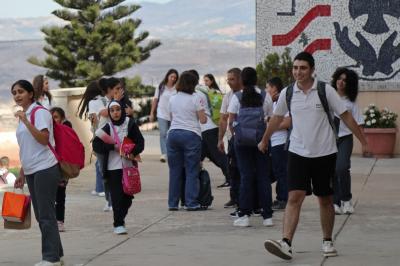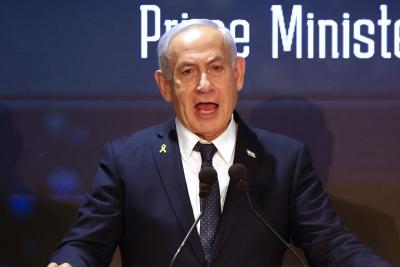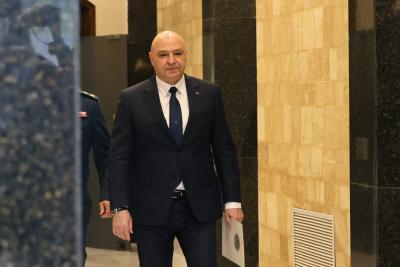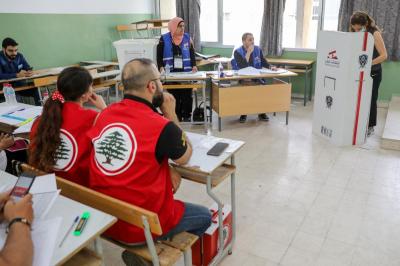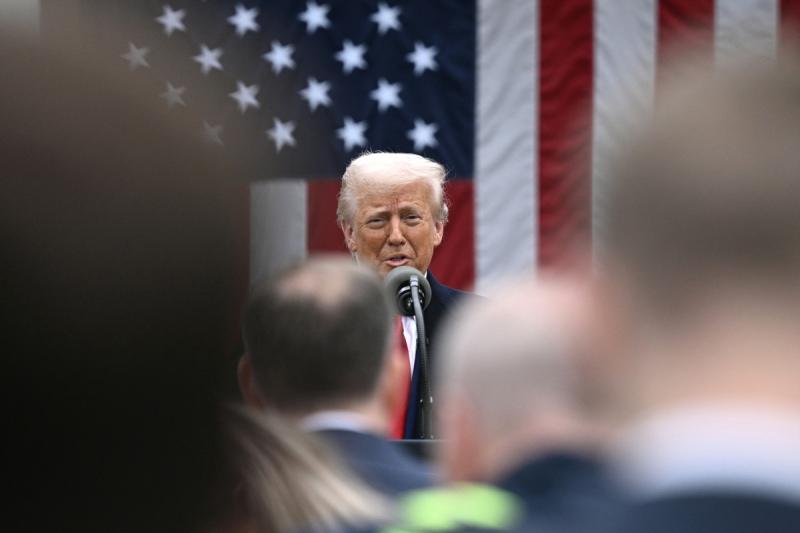President Donald Trump's administration has rescinded the sweeping freeze on federal grants and loans, two days after it initiated it, sparking widespread concern and legal challenges. This move, announced on January 27, 2025, represents a significant shift in federal policy with potentially far-reaching consequences for various sectors of American society.
The freeze, directed by the Office of Management and Budget (OMB), required all federal departments and agencies to temporarily suspend activities related to the commitment or distribution of federal financial aid. This pause affected a vast array of programs, from healthcare research and educational initiatives to infrastructure projects and social services.
Scope and Implications
The breadth of this funding freeze is unprecedented in recent history. While the administration has clarified that Social Security, Medicare, and direct individual assistance will not be affected, the pause could still impact trillions of dollars in federal spending. Key areas potentially affected include:
First, state finances, as on average, 30% of state revenues come from federal sources. This freeze could significantly disrupt state budgets and services.
Second, healthcare, for while Medicare is exempt, there is uncertainty regarding Medicaid funding, which serves over 74 million low-income Americans.
Third, housing and urban development, as programs addressing affordable housing and homelessness may face disruptions, potentially leading to increased housing insecurity.
Fourth, infrastructure, for Projects funded by the Infrastructure Investment and Jobs Act and the Inflation Reduction Act are at risk of delay or suspension.
Fifth, education, for federal grants to schools and universities may be halted, affecting research and educational programs.
Sixth, social services, as a wide range of social programs, from food assistance to disaster relief, could be impacted.
Impact on Foreign Aid
The freeze affected approximately $68 billion in U.S. foreign assistance funding. This figure represents the total amount of foreign aid spent by the United States in the 2023 fiscal year, most of which was distributed through USAID. In terms of humanitarian aid, the freeze impacted nearly $14 billion that Washington provided in the previous year, which accounted for 42% of all humanitarian assistance recorded by the UN for 2024.
It disrupted humanitarian programs, such as those providing HIV treatments, vaccines, and prenatal care to millions of women and children globally. For example, agricultural projects in Uganda that supported small-scale farmers faced shutdowns.
It also impacted global health, as efforts to combat infectious diseases like malaria, tuberculosis, and polio were paused.
It also created instability in conflict zones, as security assistance to key U.S. allies like Ukraine was jeopardized, while counterterrorism training in regions like Somalia was paused.
However, aid for Israel and Egypt was excluded from the
Lessons Learned
The Trump Administration's decision to rescind its federal funding freeze memo offers several important lessons, chief of them is that policy implementation requires careful planning. The hasty implementation of the funding freeze led to widespread confusion and chao.
As we have seen, legal challenges can quickly derail executive actions, which demonstrates the power of the judiciary in checking executive decisions.
Clear communication remains crucial, as the initial memo's vague language caused uncertainty about which programs would be affected. As the freeze affected a wide range of entities, from nonprofits to small businesses and universities, considering all stakeholders when making policy decisions remains important.
Public pressure can also influence policy, as shown by the swift reversal of the freeze after widespread criticism and confusion.
Executive actions can have unintended consequences, as the freeze inadvertently affected critical services and programs. Also, rapid policy changes can strain government systems.
Another important lesson is that congressional oversight plays a crucial role, as demonstrated in the involvement of congressional leaders in questioning and opposing the freeze.
Policy reversals can damage credibility, and the quick reversal of the freeze may have undermined the administration's credibility and ability to implement future policy changes effectively. This shows that Trump 47 has learned little from the trials and trepidations of Trump 45.
 French
French


